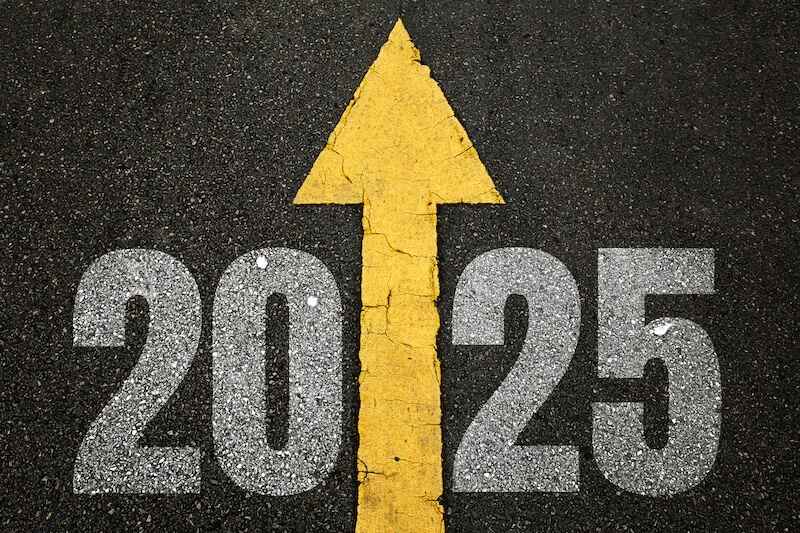Unlock the White House Watch newsletter for free
Your guide to what the 2024 US election means for Washington and the world
A battle between Elon Musk and Maga supporters over immigration has highlighted a fracture between Donald Trump’s new backers in Silicon Valley and his more radical base.
The rift over immigration policy and visa schemes for foreign workers stemmed from Trump’s appointment of Sriram Krishnan, a former partner at Andreessen Horowitz, as the White House’s senior policy adviser for artificial intelligence.
The move prompted a backlash from Trump’s “Make America Great Again” base on X, which quickly spiralled into a debate over H-1B visas — a programme aimed at highly skilled foreign labour critical to US technology groups.
Quoting a post in which Krishnan supported the removal of country caps for green cards to “unlock skilled immigration,” far-right activist Laura Loomer said in a post on X on Monday that it was “alarming to see the number of career leftists who are now being appointed to serve in Trump’s admin when they share views that are in direct opposition to Trump’s America First agenda”.
Representatives from across the Trump world jumped into the debate. Far-right activists backed Loomer, who in turn attacked tech executives in the president-elect’s orbit, including Musk and David Sacks, whom Trump has appointed as the White House AI and crypto tsar and is set to work closely with Krishnan.
Musk, himself an immigrant to the US, came out in favour of hiring highly skilled foreign workers. There is “a dire shortage of extremely talented and motivated engineers in America”, he said on X on Wednesday. “It comes down to this: do you want America to WIN or do you want America to LOSE. If you force the world’s best talent to play for the other side, America will LOSE.”
The schism raises questions over whether two vastly different wings of Trump’s constituency — some of America’s most powerful tech executives and far-right activists — will be able to coexist.
Tech bosses, historically targets of Trump’s ire, have ramped up a charm offensive on the president-elect in recent weeks, donating to his inaugural fund and dining with him at Mar-a-Lago.
“Big Tech execs think they run things now,” Loomer wrote on X on Thursday. “One day they will [rub] Trump the wrong way and it will escalate. The blow-up between Maga and the tech bros is going to be glorious”.
The online sparring put a spotlight on Musk, who has taken on the role of Trump confidante after becoming one of his most vocal cheerleaders and bankrollers during his presidential campaign. The president-elect has made Musk and former Republican presidential candidate Vivek Ramaswamy responsible for slashing government spending and federal regulation.
In a lengthy post on X on Thursday, Ramaswamy said skilled migration was needed due to an American culture of “mediocrity over excellence”, prompting further backlash from Maga supporters.
Musk on Thursday turned to sports analogies in an attempt to quell the blowback online. “Maybe this is a helpful clarification: I am referring to bringing in via legal immigration the top ~0.1% of engineering talent as being essential for America to keep winning,” he wrote on X.
“This is like bringing in the Jokic’s or Wemby’s of the world to help your whole team (which is mostly Americans!) win the NBA,” Musk added, referring to foreign-born players in the US basketball league.
Krishnan did not immediately respond to a request for comment.
Visas including the H-1B programme have been key to the development of Silicon Valley and remain so for sustaining America’s premier tech sector.
“The H-1B is critically important to Silicon Valley,” said Hiba Anver, a partner at Erickson Immigration Group. “There is more than one type of company-sponsored visa, but H1-B is the one visa that the most number of people could potentially qualify for.”
The US government allows for 85,000 new beneficiaries every fiscal year. Denial rates saw an uptick under Trump’s first presidency, due to policies that courts later ruled unlawful.
Unlike other visa categories, “you don’t have to be born in a particular country, you don’t have to work in a foreign office for the same company, and the evidentiary bar is not as high”, Anver said.
In the race to stay ahead of China in technological development, from semiconductors to AI, attracting talent is key for the US tech sector.
“There has been overwhelming commentary from the executives I speak to about the complexity of bringing people here, and how that is hurting their ability to innovate,” said Daniel Newman, CEO at The Futurum Group.
“If you look at some of the biggest breakthroughs on innovation, the skillsets, the engineering and the tech are often started by people who have come here on visas,” he added.
Credit: Source link














